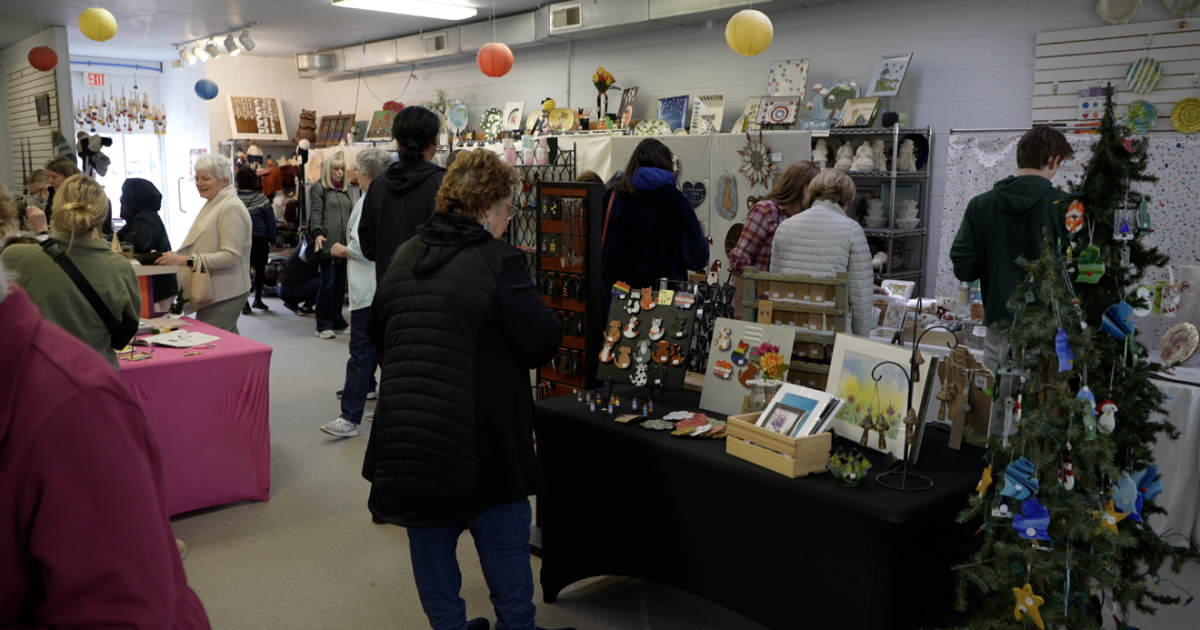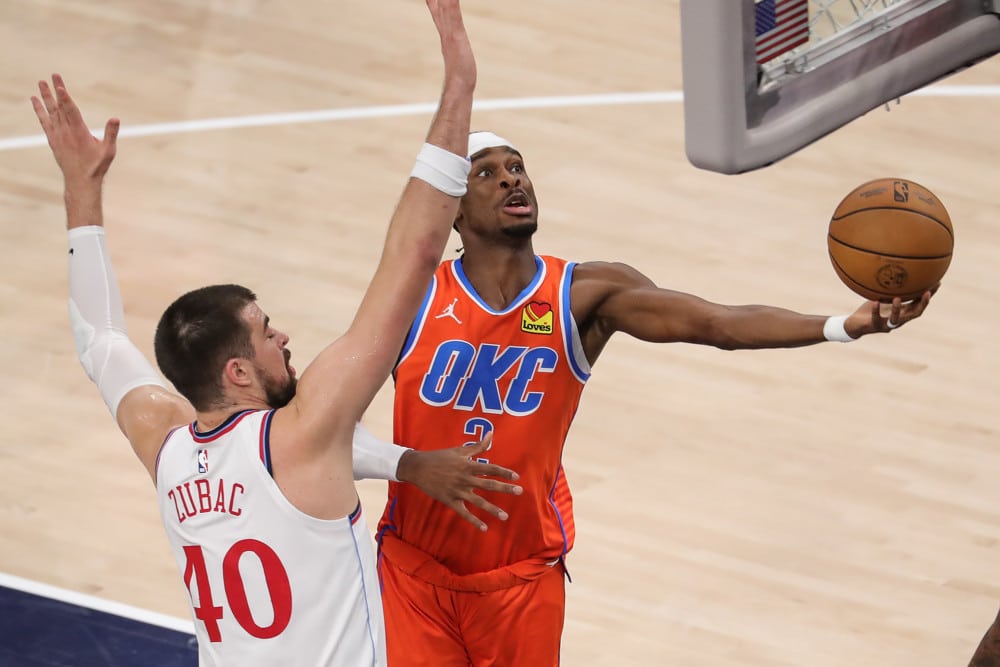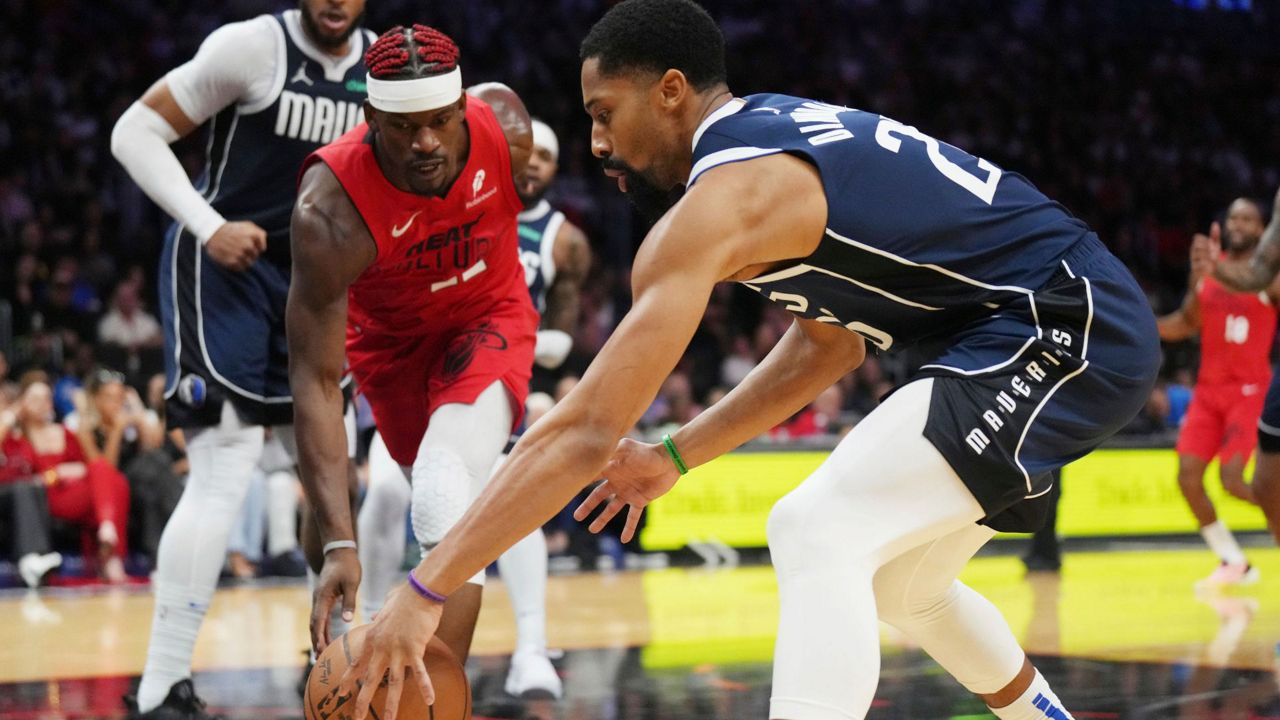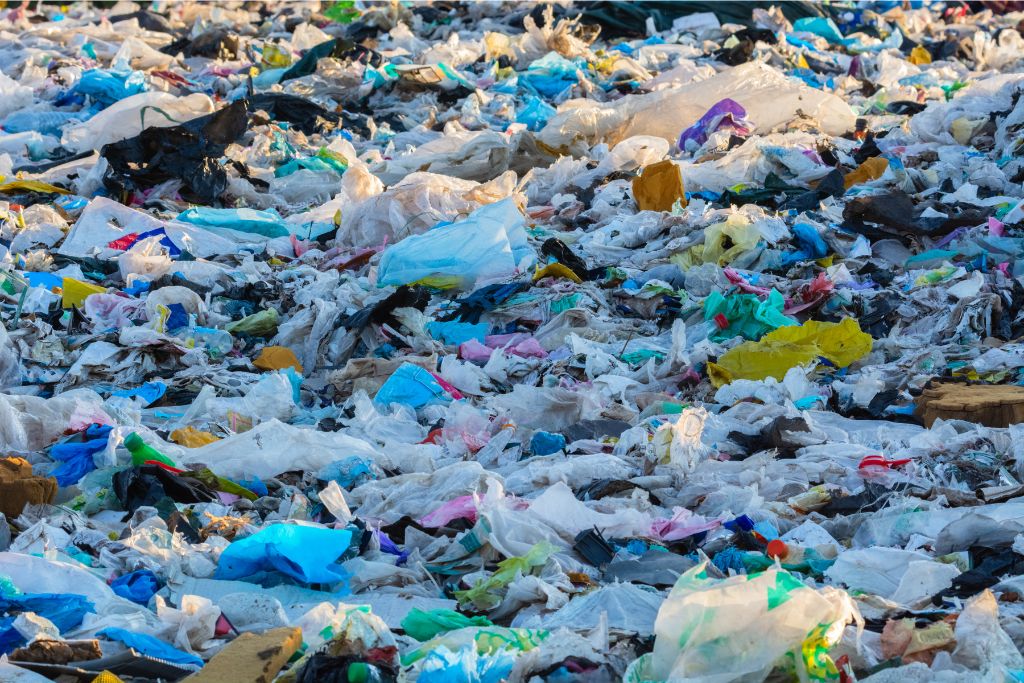Bussiness
I made $100,000 selling my backyard. Now a developer will use it to build more homes California so desperately needs.
This as-told-to essay is based on a conversation with Jeremy Cullifer, 46, about his decision to sell a portion of his backyard through startup BuildCasa to both make money and contribute to solutions to California’s affordable housing crisis. The conversation was edited for length and clarity.
I’ve been in Sacramento my whole life.
I’ve been in my house for 19 years. I bought it through the family for $180,000 after my great-grandmother passed. She bought it in 1953.
It’s a three-bedroom, one-bath house. It’s 1,096 square feet on a quarter-acre lot. I have a moderate front yard that wraps around because it’s a corner lot, and then a large backyard.
Courtesy of Jeremy Cullifer.
BuildCasa had put out a mailer to my mother — she lives in the same community on a different street.
She said, “You should give some thought to this. You don’t do anything with your backyard and you’re always complaining about affordable housing for people in Sacramento. You might as well be part of the solution instead of part of the problem.”
I’m the only person I know in my peer group that owns a home. Everybody else is renting.
My son is about to get his first apartment, and it’s $1,500 a month. It’s insane. The supply of available housing is nowhere near the demand, so of course the prices just keep going up and up.
My daughter moved to New York City after she graduated college and struggles with affordable rent. That really was the biggest eye-opener to me.
I sold my backyard for $100,000
A couple of years ago, California Senate Bill 9, or SB 9 — which allows single-dwelling units to subdivide their property — was passed. My understanding is that the subdivision has to be at least 40% of the existing land in order to be eligible.
What BuildCasa is going to do is create a new property line for me, which is about 10 feet off my back porch, and then the remainder of the backyard would then become its own plot of land. It would become its own separate lot with its own separate address, and a developer would build a stacked duplex on it.
I was intrigued at the very beginning, and then I had a meeting with BuildCasa and did some research online. Then I talked to my mom, my brother, and an aunt and uncle — because it’s been a family home since the ’50s, so I didn’t want to create family strife by changing the homestead.
They were indifferent. They were like, “What are you doing to the house?” Well, I’m not doing anything to the house. I’m just going to have less backyard.
BuildCasa laid out a whole bunch of options and let me decide what was best. They checked in with me five or six times to make sure it was actually something that I wanted to do — it was not just a knee-jerk reaction.
Courtesy of Jeremy Cullifer.
They laid out what was possible and a bunch of different paths. I picked what worked best for me, what I was most comfortable with. We ended up listing the property and letting people bid on it. I had a couple offers that I had rejected, and then we ended up partnering with a developer.
I sold it for $100,000, of which I expect to pocket $30,000. I’ll have to pay around $35,000 to my mortgage holder — because of the loan-to-value amount is going to change, I’m probably going to have to pay down to my mortgage company to get that back-end ratio.
And then the remainder will be paying BuildCasa for all their time, effort, energy, knowledge, expertise, and going through the process.
I’m selling to the developer, and BuildCasa is facilitating both that relationship as well as going through all the red tape and the government requirements necessary to get the permits, go through the zoning changes, and all that kind of fun stuff.
Once you’ve divided and sold your property, there’s no going back — unless you buy it out from somebody else, and that would be a financial nightmare.
The extra cash is nice, but I think more people will participate once the housing crisis gets worse
There were a number of reasons I did this.
Number one: maintenance and upkeep. I hate yard work, and now I’m going to have to do a lot less of it. That’s pretty exciting.
Anybody who tells you they’re just solely altruistic is lying to you.
Courtesy of Jeremy Cullifer.
Number two: the money I get from that sale, I’ll be able to upgrade my house.
It’s a 70-year-old home. It could use a new bathroom, it could use a new kitchen, and I’ll be able to do that without financing it, which is pretty exciting. It’ll improve my own personal living situation while still contributing to being a part of the solution for housing.
I talked to a few community members about what I’m doing. I’ve been here for a large portion of my life, so I know people pretty well. I didn’t really have anybody who had any significant concerns I talked to.
I think the trend that has grown over the last 20 years of people buying property for investments and flipping them and continuing to raise the prices has really made it almost impossible for anybody less than the upper-middle class to buy a home.
At some point, there’ll be a tipping point when people’s kids can’t buy a house or their nieces and nephews can’t buy houses, or their best friend can’t buy a home, and people will start to wake up to the scope of the problem.
We’ve had quite a few ADU-type buildings in the neighborhood, but I have not seen anybody do a subdivided lot in this community yet.
I would be shocked if it didn’t catch on.









